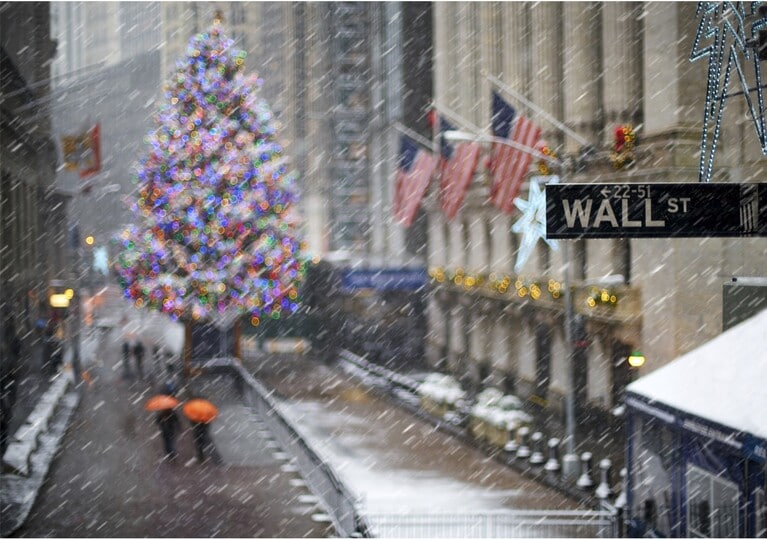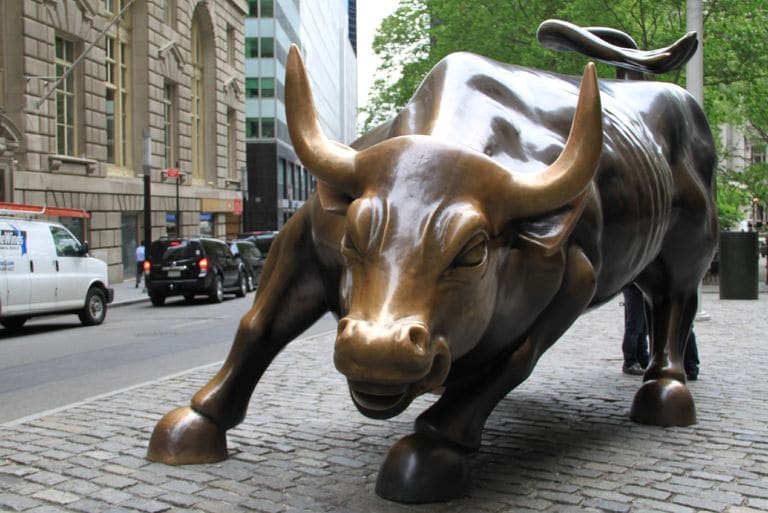It’s been another negative day for European markets, although a retreat in short term yields, which is acting as a drag on the US dollar, is helping to support a rebound off the lows of the day.
Europe
The FTSE100 even managed to claw its way back into positive territory during the afternoon session, despite retailers showing significant weakness on the back of another big slide in UK retail sales in September, while a profits warning from Adidas, isn’t helping either, prompting weakness in the likes of JD Sports, Frasers Group, while Next is also sharply lower, along with the likes of H&M and Zara owner Inditex.
The rise in UK gilt yields is acting as a drag on house builders as concerns rise that the UK budget statement might be delayed by any new incoming Prime Minister.
There’s been a positive reaction to the Q3 numbers from Deliveroo, despite the company downgrading its expectations for sales growth and upgrading its profit forecasts. The uplift is hugely welcome given that the shares are already close to record lows, and given a lot of pessimism is already in the price.
Gross Transaction Value (GTV) saw an increase of 8% year on year, with the UK operation outperforming international markets, rising by 11%. Consequently, Deliveroo downgraded its full year guidance on GTV growth to between 4% to 8%, due to concerns about consumer disposable income. There was some good news as EBITDA margins were revised higher to between -1.2% and -1.5%, which suggests the company is making progress on reducing its costs by way of lower marketing spend.
Holiday Inn owner Intercontinental Hotels Group is sharply lower after reporting its Q3 numbers, which were by and large a decent set of numbers. Q3 comparable hotel RevPAR rose 28%, with US business travel back at pre-pandemic levels. The business in China has continued to act as a drag with RevPAR was down 20% vs 2019 levels, with occupancy rates at 55%. The share price fall appears to be being attributed to the departure of CFO and Head of Strategy Paul Edgecliffe Johnson who is leaving to join Flutter.
US
US markets have edged higher in early trading as we head into the weekend, helped by a retrenchment in short term yields on speculation that a November rate rise of 75bps might prompt a pause or a slowdown in the pace of the Federal Reserve’s rate hiking cycle, from December.
This retreat in 2-year yields appears to have been prompted by a trial balloon piece in the WSJ, that suggested just such a scenario. While this may well have a very short shelf life, it is nonetheless providing a decent end of week uplift, as we head towards the quiet period ahead of the next Fed meeting in November.
Twitter shares have plunged on the open on reports that Elon Musk would cut the workforce by 75% as the deadline nears for completing the buyout, and amidst reports that US authorities could review the deal on National Security concerns.
Snap once again looks set to be the canary in the coal mine for social media companies after reporting a poor set of Q3 numbers, with the shares plunging in early trade to a two year low. Q3 revenues came in at $1.13bn, which was still 6% higher than a year ago but slightly below expectations. This single digit rise was its lowest figure ever since it debuted in 2017, and even though the company reported a slight profit, investors appear unforgiving. The company also declined to offer guidance for Q4, with management citing an uncertain revenue visibility. The likes of Pinterest, Meta Platforms have also fallen in sympathy with Meta due to report next week.
FX
The pound has continued to come under pressure, and yields have pushed higher again on reports that the new fiscal budget plan might be delayed due to the resignation of Liz Truss as Prime Minister, while markets are also uneasy about the outcome of the new leadership election in what could be a run-off between ex-Prime Minister Boris Johnson and Rishi Sunak.
The fear is that the Conservative party in its current form is so riven by partisanship that anyone who takes over, whether it be Rishi Sunak who appears to be favourite as is widely being predicted, there will always be one faction who will be unhappy if their candidate doesn’t win, which means there will always be those working in the background to undermine the winner.
Jeremy Hunt, the current Chancellor is working on the assumption that the 31st October deadline will be kept, however any new PM might have a different view. Any delay is unlikely to be well received by the Bank of England who will have to make a decision on interest rates later that week along with new forecasts for growth and inflation.
Sentiment hasn’t been helped by a dire set of retail sales and public sector borrowing numbers for September. Retail sales plunged -1.4% with the extra bank holiday for the funeral of Queen Elizabeth II seeing most retailers close for the day. Public sector borrowing also rose by more than expected to £20bn in September, with the sharp rise in interest rates seeing debt costs attributing around £7bn of that.
The Japanese yen has also continued to slide, moving through the 150.00 level with losses accelerating ahead of next week’s Bank of Japan monetary policy decision. Speculation about intervention has continued to rise in the past week or so, and up until this afternoon nothing had thus far transpired, until about an hour ago when we saw a sudden surge in yen buying, pushing the US dollar sharply lower. If this is intervention, its only likely to slow the decline, not stop it. The reality is that the BOJ knows that any aggressive yen buying would be akin to setting fire to the currency without a shift in monetary policy. Until we get that its easily conceivable that we could well see 160.00 in the coming weeks.
Commodities
Crude oil prices continue to be supported on the basis of hopes over a rebound in Chinese economic activity. This seems a big ask at this point in time. The decision to delay the recent economic data releases for Q3 GDP and September retail sales suggests that not all is well with the Chinese economy. The only conceivable way we might see a strong rebound is if China relaxes its zero-covid policy. This looks unlikely at the moment and with the weather set to get colder infection rates are unlikely to fall.
Disclaimer: CMC Markets is an order execution-only service. The material (whether or not it states any opinions) is for general information purposes only, and does not take into account your personal circumstances or objectives. Nothing in this material is (or should be considered to be) financial, investment or other advice on which reliance should be placed. No opinion given in the material constitutes a recommendation by CMC Markets or the author that any particular investment, security, transaction or investment strategy is suitable for any specific person. The material has not been prepared in accordance with legal requirements designed to promote the independence of investment research. Although we are not specifically prevented from dealing before providing this material, we do not seek to take advantage of the material prior to its dissemination.








